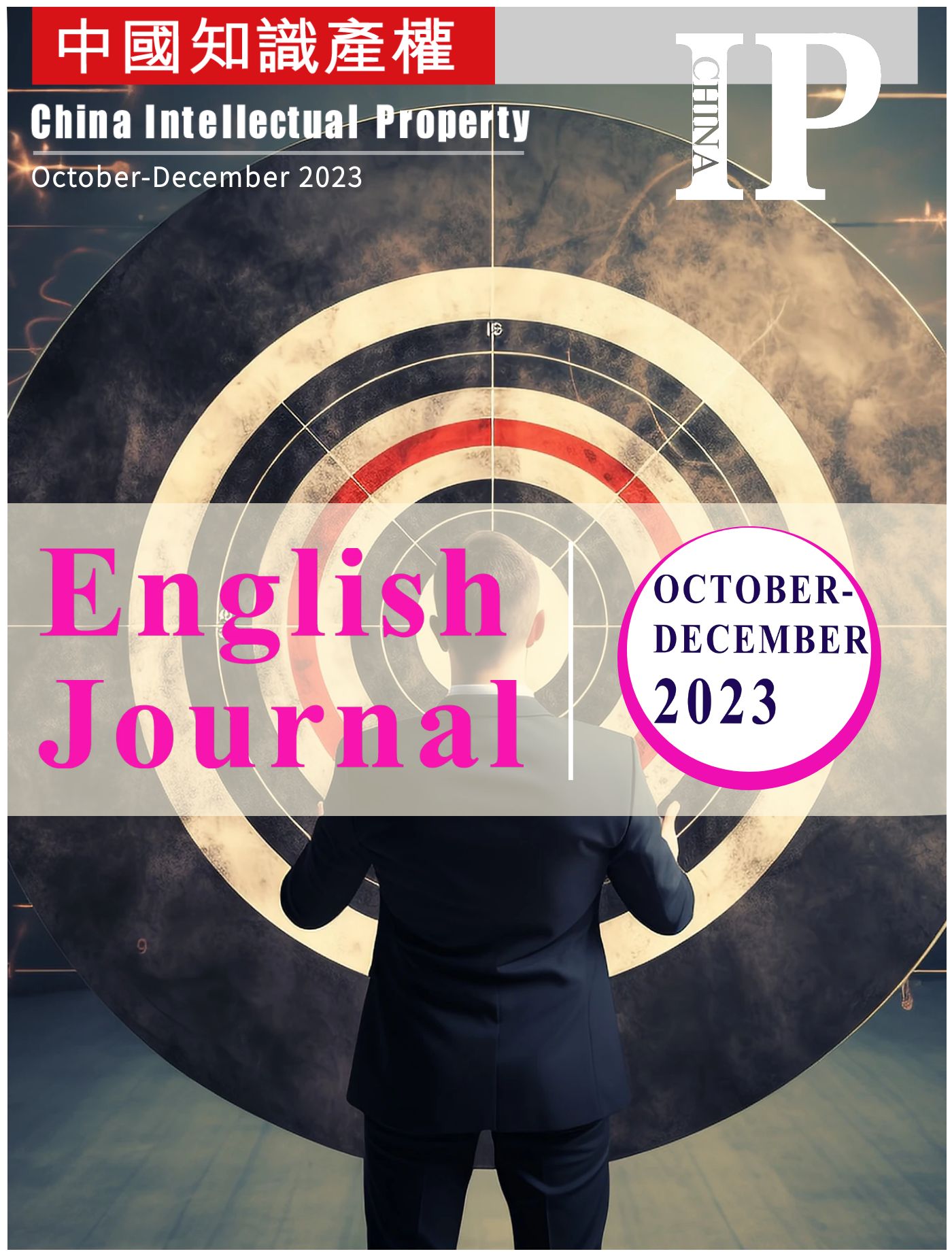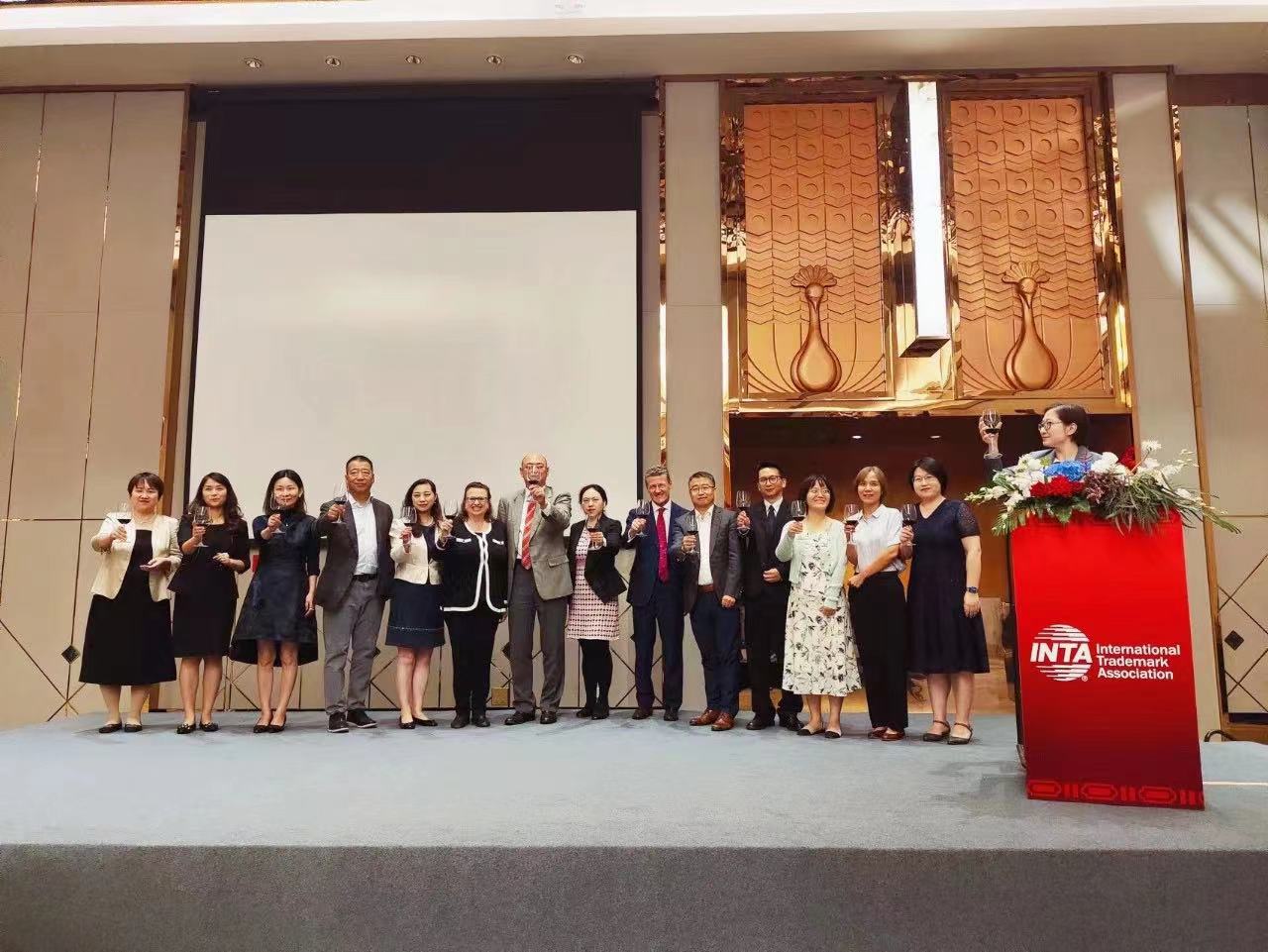

Founded in 1878, the International Trademark Association (INTA) is an international group composed of brand owners and professionals. Since its inception, INTA has been committed to supporting and promoting the development of trademarks and related intellectual property rights. Currently, INTA has more than 6,000 organizations from 181 countries and more than 30,000 individual members.
In 2003, INTA opened its first overseas office outside the United States in China. This year marks the 20th anniversary of the establishment of INTA’s China Representative Office. Recently, China IP was invited to attend the 20th anniversary event of the Office held in Beijing. At the event, China IP interviewed Mr.Etienne Sanz de Acedo, CEO of INTA. He warmly shared INTA’s witness of the booming development of China's intellectual property industry and the achievements the Office has made in the past two decades as well as its prospects in the future.

China IP:
First of all, congratulations to INTA China Representative Office’s 20th anniversary. China Representative Office is INTA’s very first one outside the United States. Why China?
INTA:
I would like to thank my predecessor, Alan Drewsen, who had such a vision at that time to set up the first representative office in Beijing. He saw the strong growth of China's economy, the investment its policy makers made in research and development, and the importance they attach to intellectual property as an important engine driving economic and social development.
China IP:
What changes has INTA observed in China over the past 20 years? What is the biggest change?
INTA:
The past 20 years has witnessed the rapid development of China's intellectual property industry. Currently, 57% of the global trademark filings is coming from China. The average number of annual trademark filings in China is between 8 to 9 million. More importantly, China has a strong interest in investing in IP, with an average annual research and development budget accounting for 2.25% of GDP. China has also formulated the 2035 Strategy to become an IP powerhouse. I don't think China will have to wait to 2035 to be an IP powerhouse. There's no doubt that it is already an IP powerhouse. China has 1.4 billion consumers, representing approximately 50% of the worldwide online transactions. China is a major trading partner for more than 140 countries, attracting more than 3,000 companies from around the world every month.
The biggest change, from a broader perspective, is that China is transforming from a traditional made-in-China product house to the birthplace of innovation, technology, and intellectual property. Driven and encouraged by policymakers, many Chinese companies followed suit. Today, if we look at the most successful companies and corporations worldwide, we see many Chinese corporations such as Huawei, Lenovo, etc. These companies are strongly relying on intellectual property and are very successful.
China IP:
How do you evaluate the role that China Representative Office plays and the responsibilities it takes?
INTA:
INTA is a not-for-profit international association. Our mission in China includes the following three aspects: first, to support Chinese brands to go international; second, to support international brands here in China; third, to provide comments and participate into China’s permanently evolving legitimate and judiciary ecosystem.
China IP:
What goals has China Representative Office achieved in the past 20 years? Are you satisfied?
INTA:
I'm very satisfied. Just to give you some numbers. We have approximately 2,300 individuals from 250 IP law firms in China. We have approximately 200 individuals from about 50 Chinese corporations. We have 170 members on committees of the association and seven of them in leading positions, two of them sitting on the board of directors of INTA. More importantly, INTA has over the past 20 years provided plenty of substantive comments on legislative and judicial changes in China. We've also developed a summary of the Chinese case law that is produced and distributed worldwide. We're interacting on a very regular basis with the Chinese authorities, including the CNIPA, the Supreme People’s Court, the State Administration for Market Regulation, and some specialized courts and tribunals. We see a lot of openness from the Chinese authorities to really look at the interest of brands and the protection of consumers.
China IP:
Any new goals after the 20th anniversary? What will be your next priorities?
INTA:
Yeah, our permanent goal is to really support our members here in China. The big goal for the representative office is to have more Chinese corporations to join INTA to benefit from the work INTA is doing. Besides, there are a lot of great corporations as well as good quality products and services delivered in China. However, many of those brands which are well-known in China are not well-known outside China. This is a matter not only of protection that is already happening, but it's a matter of branding, promotion, and commercialization. We want to help with this process. We want to help Chinese brands to become truly global.
China IP:
The 4th amendment of China Trademark Law makes it clear that the registration of trademark must be for use, can you talk about trademark hoarding?
INTA:
I think there are basically two systems. You have registration based on use, which is more of a kind of U.S. approach, and now China is looking more into that. There is a kind of more European approach, which requires rights through registration. But still, you will need to prove use, because otherwise you could lose your rights. I think the rationale behind it is we don't want the registries to be overloaded with the trademarks. Instead, we want to remove the deadwood from the registration. At the same time, if you ask for some right protection, you should be using such a right. To be exact, it doesn't make sense if you don't use it.
China IP:
How should companies make IP strategies? How should they protect trademarks and brands rationally?
INTA:
IP strategy is as important as business and marketing strategies to companies because today 90% of the value of the company is in its intangible assets. For IP practitioners who provide relevant strategic suggestions for companies, they should develop strategies that take advantage of the mix of rights existing today, including trademarks, designs, patents, copyrights, GIs, etc. They should not forget as well, for example, trade secrets, new technology, and block chain. I think the added value is not in the registration and prosecution, but more in the IP strategy.
China IP:
What would you say if you look into the prospects and future of IP development in China?
INTA:
I think the future of IP in China is very bright. There's gonna be intensive use of IP in China, even above and beyond all the other countries and other major economies. Moreover, IP will be evolving as consumer behavior is changing. We are increasingly going online and the product life cycles are shortening. Therefore, we can even envisage IP rights that will be shorter in time. That will not be just either a trademark or a copyright or a design or a patent. There might be something in between that will appear one day.
China IP:
INTA 2024 Annual Meeting will be held in Atlanta. What opportunities that Chinese registrants will see? Can you reveal some highlights about the event in advance?
INTA:
There will be many sessions that will be dedicated to China. For the first time, we will plan a China enforcement workshop, possibly in a dedicated area within our exhibition room. We will introduce the China review case law. At the same time, we hope to have more delegations and official delegations from China that will be able to update our membership on the evolution of the IP landscape in China.
|
Copyright © 2003-2018 China Intellectual Property Magazine,All rights Reserved . www.chinaipmagazine.com 京ICP备09051062号 |
|
|



